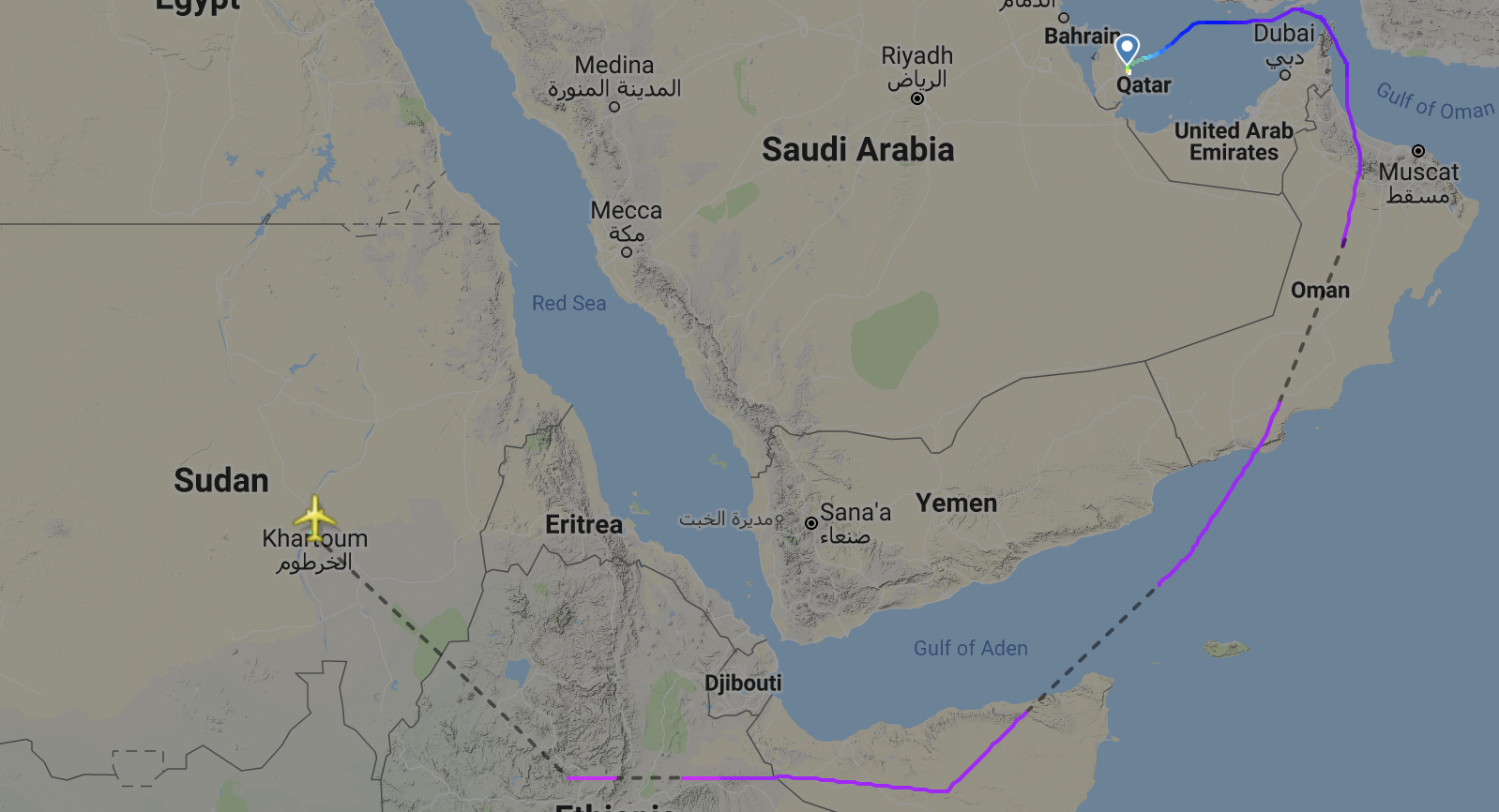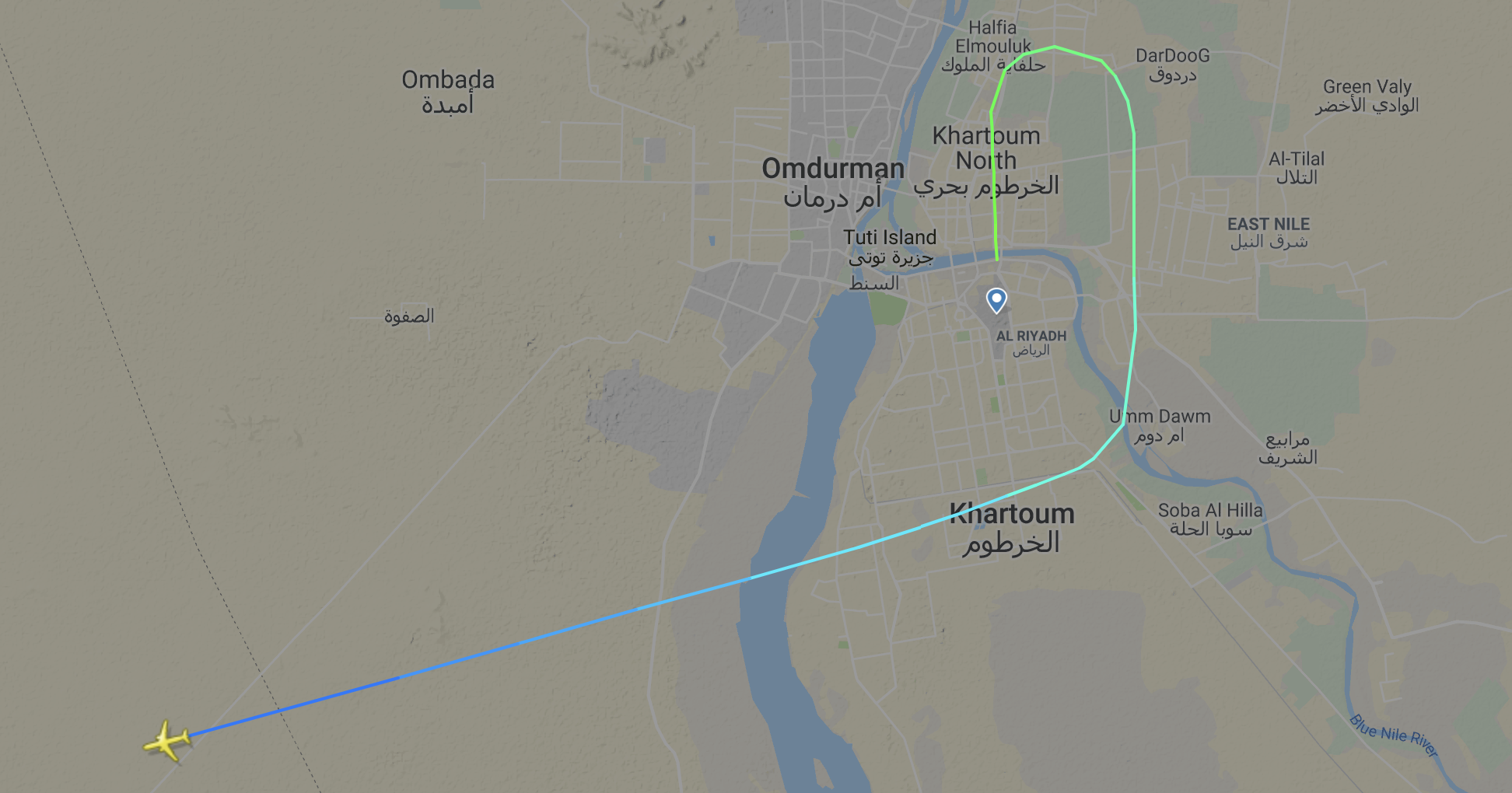JEDDAH: The changing dynamics of terror financing and money laundering posed a growing problem for countries and organizations seeking to halt their spread, a regional conference in Cairo was warned.
Saudi Arabia’s Attorney General Sheikh Saud bin Abdullah Al-Mua’jab told the first Middle East and North Africa conference on countering terrorism that new forms of transnational terror funding and money laundering demanded greater cooperation between states and organizations.
The conference, organized by the Egyptian Public Prosecution Office, aims to bolster international unity in the face of the escalating threat of terrorist financing and money laundering operations.
“Saudi Arabia has spared no effort in combating these two crimes,” Al-Mua’jab said.
He said money laundering and terror financing are at the “forefront of global criminal phenomena,” and often complemented each other.
“One of the most important steps the world has taken through its international and regional systems is to engage in initiatives and agreements to combat terrorism financing and money laundering as the artery of the criminal body that strikes the global economy,” he said.
“Saudi Arabia is a key partner in the international coalition against the so-called Daesh terrorist organization and leads, together with the US and Italy, the Counter Daesh Finance Group. It has also implemented laws and procedures aimed at combating money laundering and terrorist financing,” he said.
Al-Mua’jab said the September 2018 report of the Financial Action Task Force (FATF) on Saudi Arabia had praised the Kingdom’s commitment to the recommendations of the group.
“Saudi Arabia has spared no effort in combating these two crimes,” he said. “It was one of the first countries in the world to be affected by terrorist acts. Its experience of combating the crimes has been exemplary.”
He said measures taken by the Kingdom included the 2017 “Law of Combating Crime and its Financing,” regulation of charities and the establishment of a standing committee to investigate money laundering.
The Kingdom’s Public Prosecution Office recently released a manual outlining steps to counter money laundering, including measures for seizure and confiscation, tracking of funds and details of international cooperation.
The Saudi Arabian Monetary Authority has also issued a guidebook for Saudi banks to combat money laundering.
A recent Saudi Cabinet meeting outlined strategic objectives for reducing the risks of the two crimes, he said.







